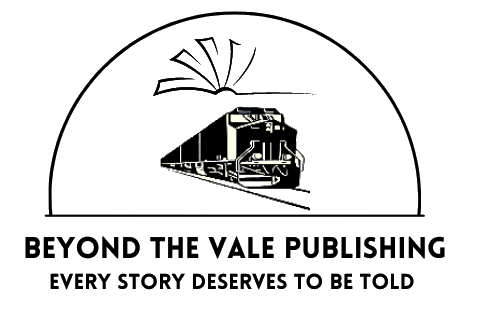Hi Everyone,
I’m sticking with my favourite part of self-publishing today – and that’s the writing part.
Last week, I wrote about the all-important first chapter and what you should put in it. This week, I’m going to flip that on its head – what should you avoid from putting in that vital first chapter?
Firstly a quick update
Some progress on the writing front on the sequel to “Am I really a secret alien spy?” A busy week so I haven’t had much time, but I’ve added over 2,000 thanks to 2 “power-hours”. That’s where I make sure I have no distractions and set the timer on my phone for an hour and just write.
Why is it chapter 1 so important?
As a reminder from last week, the hook is the opening few sentences of your first chapter. The first thing the reader will read, after your blurb. The first chapter is the extension of that. Get them interested with the hook and fascinated with the first chapter and give the reader a book they just don’t want to put down.
Your first chapter will set the tone for the whole novel. It showcases your use of dialogue, your characters and your world building.
So, what should you avoid from your first chapter?
-
Lack of excitement
The reader is looking for an incident. Some excitement, an event, so don’t start off too slow. You may be introducing your world, your main character, but it’s unlikely to grab the reader’s attention if there’s no excitement. That said, be careful of context. An exciting incident without context can also be confusing for the reader.
-
Avoid a data-dump
What’s a data-dump, I hear you ask. It’s a long narrative of description. It could be about the main character, taking the reader through every line on her face, every scar on her body. It could be world building, telling the reader about the street, the towns history. What someone is eating for breakfast. Long narrative descriptions are unlikely to hold a reader’s attention for very long.
-
Headless voices
Too much dialogue early on in chapter one with no context as to who the people are is likely to confuse and irritate the reader. Who are these people? Why should the reader care about them? Also, don’t introduce too many characters all in one go. This is also likely to cause confusion.
-
Backstory
You want to tell the reader all about your main character. Why are they the way they are? Where did they come from? In the same way to data dumping above, be careful to not reveal too much in one go. Is the back story important? If so, can it emerge steadily throughout the rest of the book?
-
Tone
The reader wants to know what they can expect from the rest of the book from the first chapter, so the first chapter should be in-keeping with the rest of the book. If it’s a thriller, don’t start with a comedy first chapter.
-
You killed who off?
Don’t spend your first chapter beautifully introducing a character, subtly weaving in some backstory, giving a hint to their motivations only to kill them off in some horrific way in chapter two. Give us a character we care about throughout the rest of the book.
-
Haven’t I seen that before?
Avoid a cliché in your first chapter. There are many and I’m sure you’ve seen plenty as well. Avoid the weather, looking in a mirror/shop window to describe your character, having a dream or a premonition.
Good luck with your first chapter!
If you have any queries about writing or anything self-publishing related, I would love to hear from you. Contact me here.

